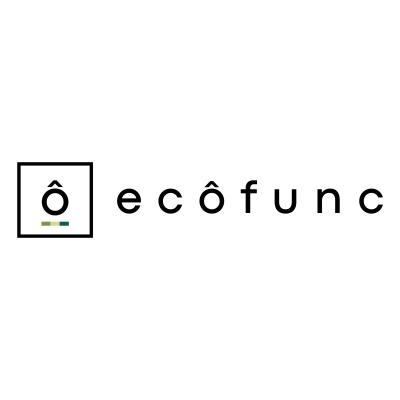
ECOFUNC
Eco-Friendly Circular and Functional Building Materials for Sustainable Construction

Eco-Friendly Circular and Functional Building Materials for Sustainable Construction
The building and construction sector, valued IN €14.9 trillion in 2021 , is one of the largest industries worldwide. However, it is also a major contributor to environmental impact, responsible for 35% of global energy consumption, 37% of carbon emissions, and up to 50% of natural resource use. With current practices, the industry is not on track to meet its 2050 decarbonisation targets, highlighting an urgent need for sustainable solutions.
ECOFUNC seeks to address these challenges by creating sustainable construction materials based on polyhydroxyalkanoates (PHAs), which are made by microorganisms using CO2. The project will create recyclable PHA-based panels for walls, ceilings, facades, and tiles, reducing carbon emissions and costs. It will also develop recycling methods to reuse materials in the furniture and automotive industries.
ECOFUNC unites industry leaders and researchers to showcase PHAs as a sustainable alternative in construction. Through real-world demonstrations and stakeholder engagement, it aims to drive market adoption and mainstream bio-based materials.